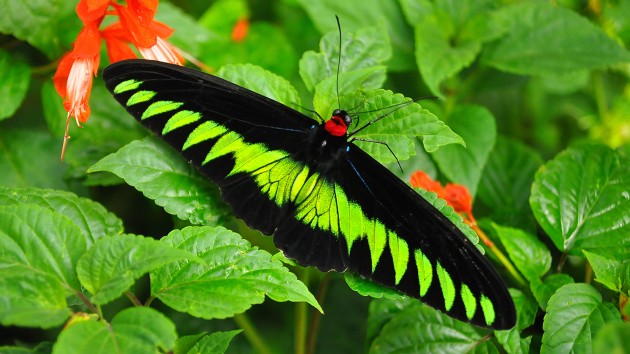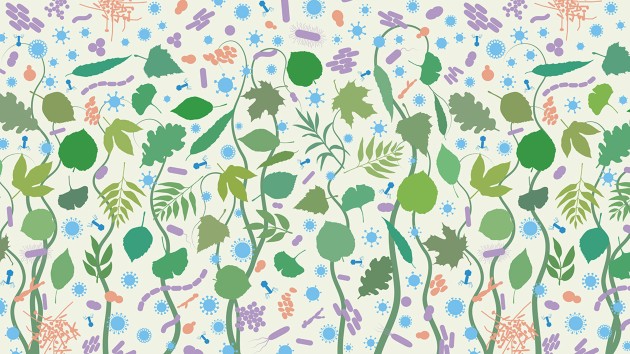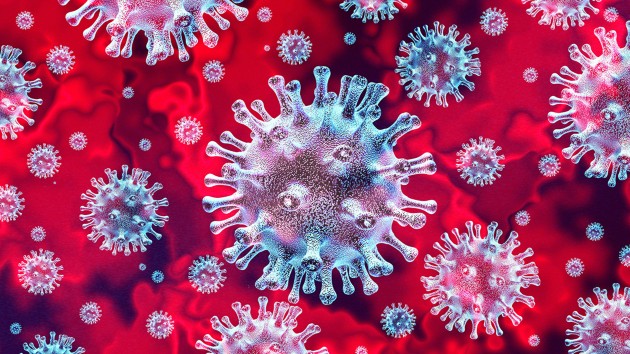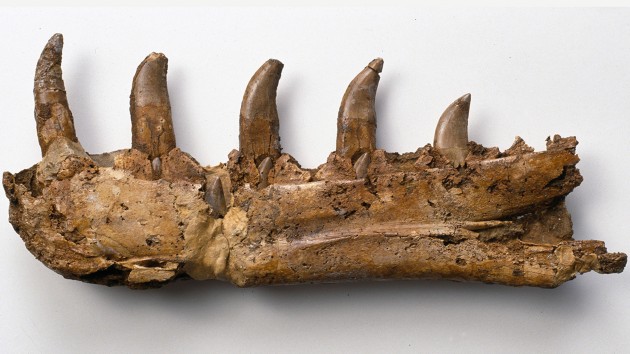Collection |
Collections
Filters
-
Collection Type
-
-
Collection |
 Progress towards the Sustainable Development Goals
Progress towards the Sustainable Development Goals
The year 2023 marks the mid-point of the 15-year period envisaged to achieve the Sustainable Development Goals, targets for global development adopted in September 2015 by all United Nations Member States.
Image: © Springer NatureOpen for submissions -
Collection |
 Cancer research
Cancer research
Cancer is a leading cause of death, accounting for nearly one in six deaths worldwide. Many cancers can be cured, especially if detected early and treated effectively.
Image: Kateryna Lon/ Science Photo Library/ Getty Images -
Collection |
 Celebrating Alfred Russel Wallace
Celebrating Alfred Russel Wallace
In commemoration of the 200th anniversary of Alfred Russel Wallace’s birth, we bring together this Collection of articles across the Nature Portfolio showcasing the enduring legacy of Wallace’s discoveries on the theory of evolution and the geographical distribution of species.
Image: Mohd Firdaus -
Collection |
 Plastics in the environment
Plastics in the environment
Plastic is ubiquitous in our lives and the environment.
Image: Lasha Tsertsvadze / EyeEm/ Getty Images -
Collection |
 Nobel Prize in Physiology or Medicine 2022
Nobel Prize in Physiology or Medicine 2022
The 2022 Nobel Prize in Physiology or Medicine was awarded to Svante Pääbo "for his discoveries concerning the genomes of extinct hominins and human evolution".
Image: Springer Nature/The Nobel Foundation/Imagesource -
Collection |
 Celebrating Mendel
Celebrating Mendel
Gregor Johann Mendel, considered by many the ‘father of modern genetics’, was born 200 years ago, on 20 July 1822.
Image: P. Morgan, Springer Nature -
Collection |
 Permafrost in a warming world
Permafrost in a warming world
Permafrost regions are vast and thawing.
Image: Claudia Weinmann / Alamy Stock Photo -
Collection |
 Research in support of COP26
Research in support of COP26
This November, world leaders will meet in Glasgow, UK for the 26th Conference of the Parties (COP26) to discuss action on the Paris Agreement and the UN Framework Convention on Climate Change.
Image: Valentina Monaco/Springer Nature Limited -
Collection |
 The plant microbiome
The plant microbiome
The UN General Assembly proclaimed that 2020 is the International Year of Plant Health to recognize and protect plant health, and to raise awareness of the crucial role of plant health in ecosystem health, food security and human health. Plants host diverse microbial communities that are associated with plant roots, the phyllosphere, rhizosphere and the endosphere, and comprise bacteria, fungi, protists, nematodes and viruses. Numerous studies from different fields of research have expanded our knowledge of the complex interactions between the plant, the associated microbial communities as well as the environment, and provided insights into the ecology and functions of this co-association, including the appreciation that the plant microbiota is important for plant growth, fitness, stress resilience and health. Such an increased understanding opens up the possibility to harness plant-associated communities for sustainable plant production and agricultural practises and to protect plants from the effects of climate change and human activities that lead to a decrease in biodiversity and the spread of plant diseases. This Collection contains Reviews and Research articles from across the Nature group of journals that cover the latest advances in plant microbiome research, addressing critical knowledge gaps that need to be addressed, such as a better understanding of the assembly of the plant-associated microbial communities, their dynamics, metabolic interactions or functional properties.
Image: Philip Patenall/Springer Nature Limited -
Collection |
 Coronavirus
Coronavirus
To support urgent research to combat the ongoing outbreak of COVID-19, caused by the novel coronavirus SARS-CoV-2, the editorial teams at Nature Research have curated a collection of relevant articles.
-
Collection |
 Networks
Networks
Network science is now a mature research field, whose growth was catalysed by the introduction of the ‘small world’ network model in 1998.
Image: Kiyoshi Takahase Segundo / Alamy Stock Photo

 Dinosaur 200th Anniversary Collection
Dinosaur 200th Anniversary Collection